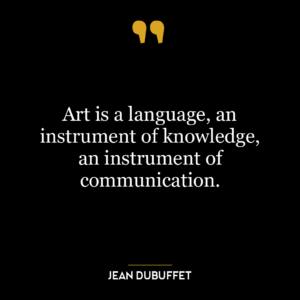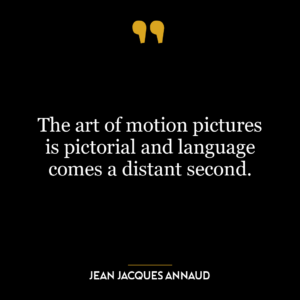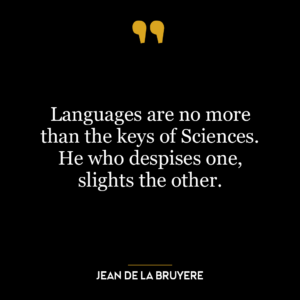This quote suggests that the extent of our language, or our ability to articulate thoughts, doesn’t necessarily limit our capacity to comprehend or understand. In other words, just because we may not have the words to express something, doesn’t mean we can’t grasp or perceive it. It’s an observation on the dichotomy between language, which is a human construct, and cognition, which is a biological process.
Language is a tool we use to communicate our thoughts, feelings, and ideas. However, it’s not always comprehensive or precise enough to capture the full range of our cognitive abilities. For example, we may experience complex emotions that we can’t quite put into words, or have intuitive understandings of concepts that we can’t easily explain. This doesn’t mean we don’t understand these things; it just means our language isn’t always equipped to express them.
Applying this idea to today’s world, we see this in the rise of emojis and gifs that people use to communicate feelings or reactions that words can’t quite capture. In the field of science, new terminologies are often created to describe new discoveries or concepts that previously didn’t have a name. In both cases, the limitations of language don’t stop us from understanding or expressing new ideas or feelings; we simply find new ways to communicate them.
In terms of personal development, this quote can be a reminder not to limit ourselves to what we can articulate. It encourages us to explore and trust our intuition, even when we can’t express it in words. It also suggests that we should be open to new experiences and ideas, even if they don’t fit neatly into our existing vocabulary or understanding.








